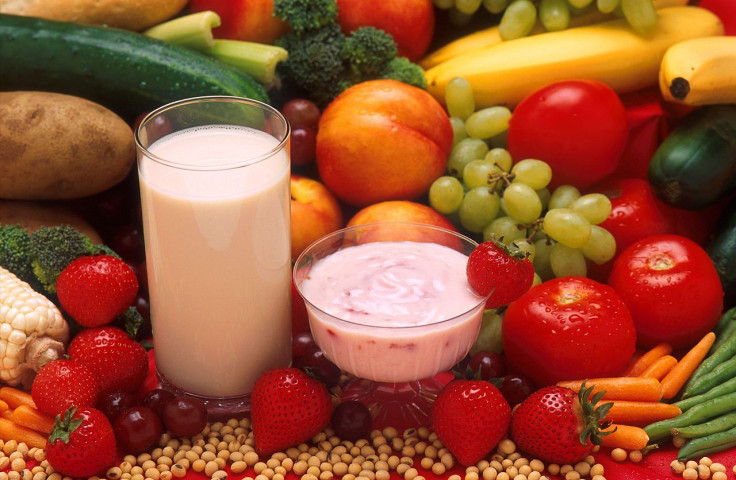Rob Rhinehart, 24, Creates Soylent: Why You Never Have To Eat Food Again

A 24-year-old who was sick of eating and paying for food, cooked up his own daily all-in-one nutritional cocktail.
Rob Rhinehart is a software engineer in Atlanta, Ga. who didn't mind giving up his taste buds over his wallet.
"I also had an incentive to live as cheaply as possible, and I yearned for the productivity benefit of being healthy," Rhinehart told Vice.com. "I'd been reading a lot of books on biology and I started to think that it's probably all the same to our cells whether it gets nutrients from a powder or a carrot."
The young scientist said he stopped eating normal food for 30 days and gulped down his formula, called Soylent, after Soylent Green from the book Make Room! Make Room! Not to be confused with "Soylent Green," the sci-fi film about an overpopulated New York City distributing food rations first thought to be "plankton" wafers but later turned out to be made of human flesh.
While Rhinehart's Soylent doesn't contain those ingredients, he said the concoction has all the nutrition needed in a balanced diet including amino acids, carbohydrates, fat, minerals and vitamins, with a third of the calories and no cancer-causing or toxic agents.
He even credits Soylent to lowering his electric and water bills.
"It tastes very good. I haven't got tired of the taste in six weeks," Rhinehart said. "It's a very 'complete' sensation, more sweet than anything. Eating to me is a leisure activity, like going to the movies, but I don't want to go to the movies three times a day."
Some experts are saying this stuff's been made already. It's medical food, Jay Mirtallo, professor of pharmacy at Ohio State University, told the Washington Post.
Nestle Health Science, for instance, already carries specific dietary formulas for patients with special and extra care needs. However, individuals on medical food have to follow the labeled instructions.
But Rhinehart's idea came on one Christmas day, when he came across an elderly family that lost a considerable amount of weight and had to be admitted into a hospital because they were weak and incapable of cooking.
"I started wondering why something as simple and important as food was still so inefficient, given how streamlined and optimized other modern things are," Rhinehart added.
The drink could be revolutionary. But is it likely to end world hunger? Could it curtail obesity in America?
Many remain skeptical, mainly because agriculture is part of the global economy and food in general is thoroughly enjoyable.
All the accounts of Rhinehart's experiments are detailed on his blog, Mostly Harmless. His lab can also be viewed here.



























